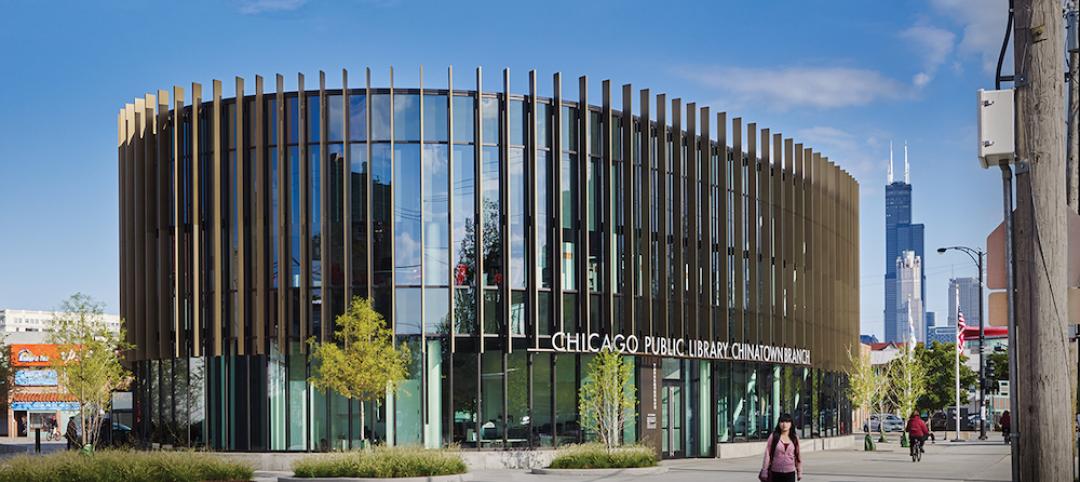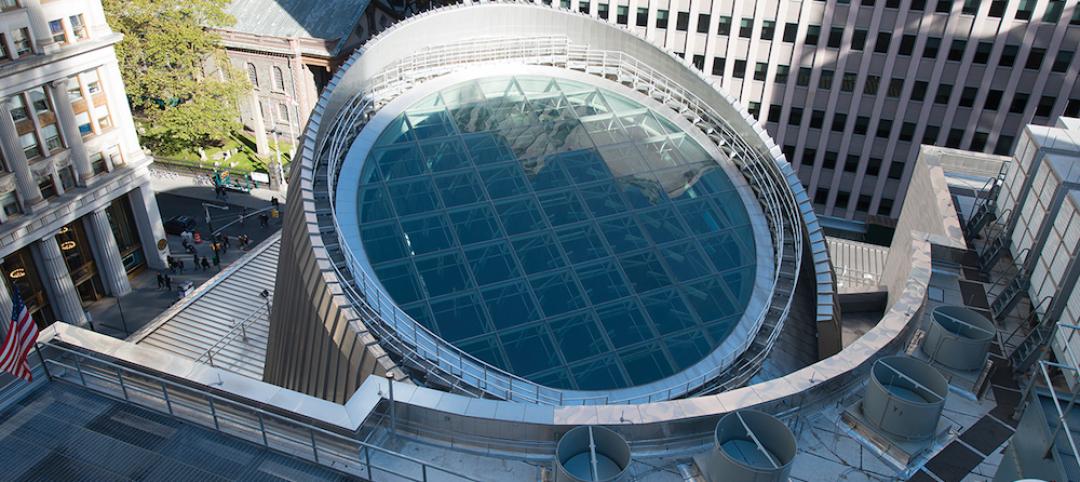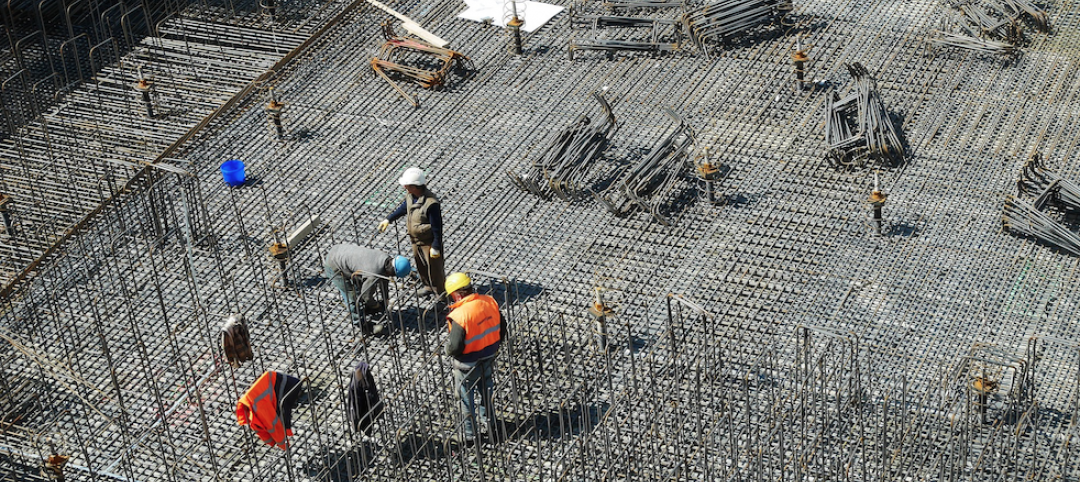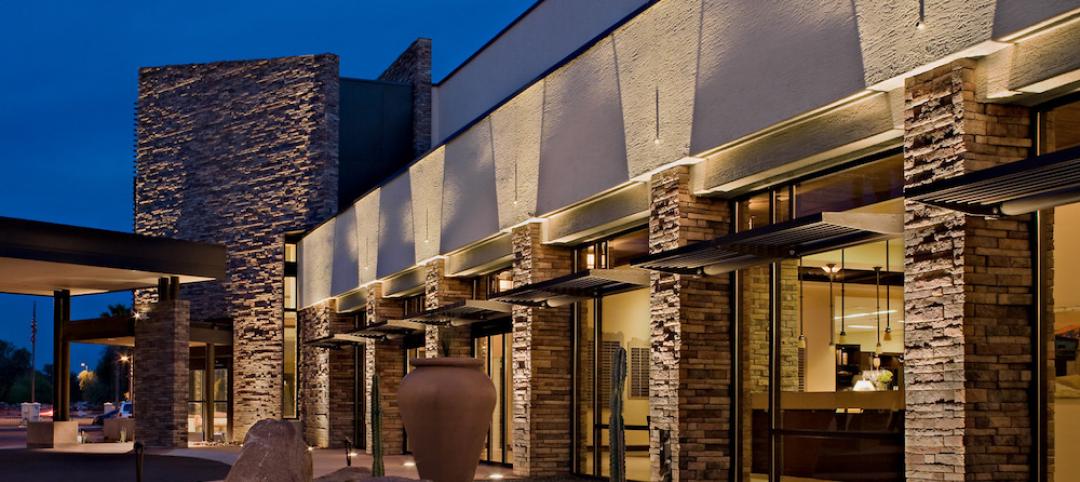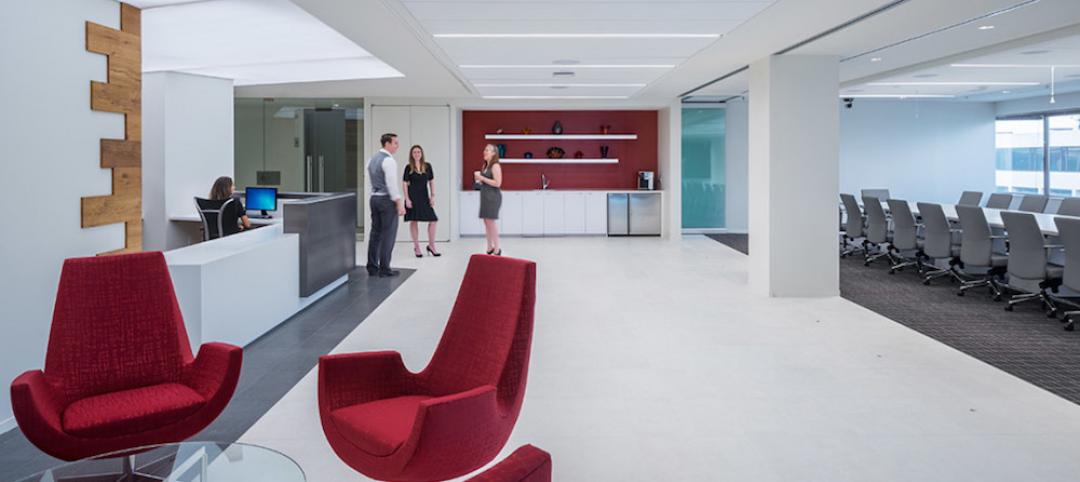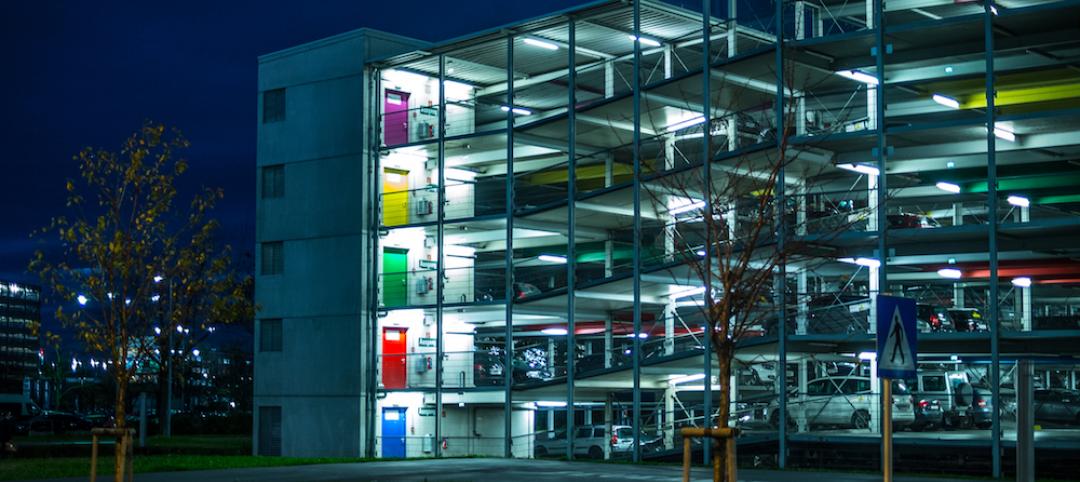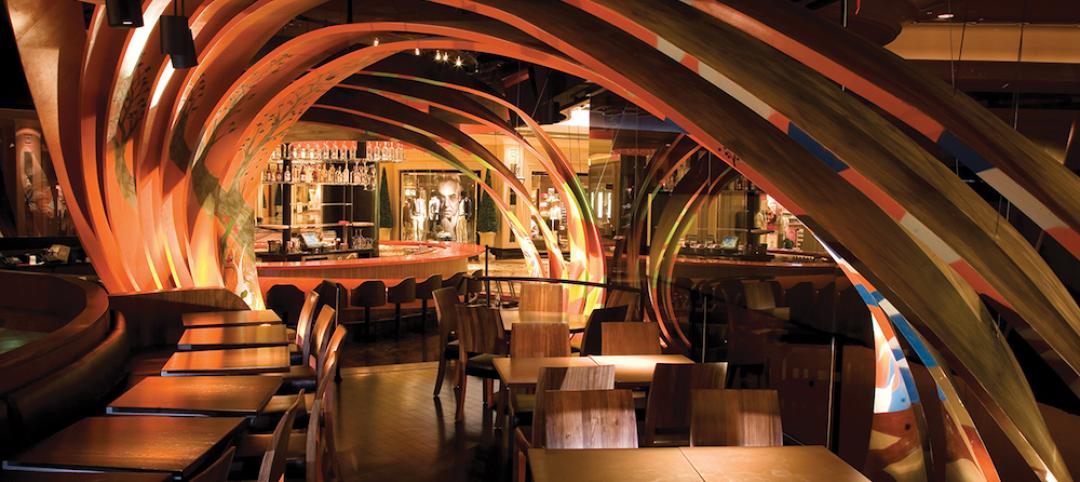The McCaffery Interests and U.S. Steel Corp.’s master plan for Chicago Lakeside, designed by Skidmore Owings & Merrill LLP (SOM), has been named one of 10 finalists for the first Sustainia Award. The project was named to the Sustainia100 in July at the United Nation’s Rio+21 conference as one of 100 projects and ideas from 56 countries that represent the best ideas for sustainability in the world. The inaugural Sustainia Award will “honor the best sustainable solution,” according to organizers.
The winners of the Sustainia Award and the associated Community Award will be announced on Oct. 11 by former California Gov. Arnold Schwarzenegger during a ceremony at the Royal Theater in Copenhagen. Selection of the Sustainia Award winner will be made by a jury consisting of Gov. Schwarzenegger, former Prime Minister of Norway Gro Harlem Brundtland, Intergovernmental Panel on Climate Change (IPCC) Chair Dr. Rajendra K. Pachauri and EU Commissioner of Climate Action Connie Hedegaard. The Community Award winner will be chosen by the general public via voting through Sustainia’s large social media community.
Chicago Lakeside sits on a site of almost 600 acres along Chicago’s Lake Michigan shore. Formerly home to a steel mill, the land is devoid of infrastructure—creating an opportunity to develop the prime lakefront real estate as a 21st century neighborhood.
Plans include a rich mix of proposed uses, including over 15,000 residential units and more than 15-million-square-feet of retail, restaurants, commercial, institutional and research and development facilities. Open space will include two miles of new park land along the shores of Lake Michigan, extending the lakefront park system originally envisioned by Daniel Burnham in his legendary 1909 Plan of Chicago.
The “Lakeside Idea” is about bridging a brownfield industrial past to a green lifestyle future, from steel mill to innovation mill. Lakeside has assembled an international leadership team in the design of future-focused infrastructures – in water and energy conservation, transportation and personal mobility, renewable energy and digital connectivity.
The first work since the demolition of the U.S. Steel South Works more than 20 years ago began earlier this spring when construction began on the extension of Lake Shore Drive through the site between 79th and 87th Streets. The road is scheduled to be complete by December with landscaping work finished in spring 2013, helping to speed commutes for local residents and setting the stage for the initial construction of buildings within Chicago Lakeside soon afterwards. +
Related Stories
Architects | May 20, 2016
NCARB survey indicates continued growth of U.S. architects
The number of U.S. architects surpassed 110,000 in 2015, a 2% increase from the previous year.
Multifamily Housing | May 19, 2016
Architect Jean Nouvel designs flood-resilient Monad Terrace in Miami Beach
A man-made lagoon with lush vegetation at the base of the complex is expected to adapt to climate change and rising sea levels.
Building Team Awards | May 19, 2016
Chinatown library unites and serves two emerging Chicago neighborhoods
The 16,000-sf, pebble-shaped Chinatown Branch Library was built at the intersection of new and old Chinatown neighborhoods. The goal is for the building to unite the communities and serve as a catalyst for the developing area.
Building Team Awards | May 19, 2016
NYC subway station lights the way for 300,000 riders a day
Fulton Center, which handles 85% of the riders coming to Lower Manhattan, is like no other station in the city’s vast underground transit web—and that’s a good thing.
Market Data | May 17, 2016
Modest growth for AIA’s Architecture Billings Index in April
The American Institute of Architects reported the April ABI score was 50.6, down from the mark of 51.9 in the previous month. This score still reflects an increase in design services.
Architects | May 16, 2016
AIA and HOK partner to advance Design and Health Research Consortium
The groups' key priority is to identify and develop practice-focused opportunities for funded research, publications, and tools in the area of design and public health.
Senior Living Design | May 16, 2016
Perkins Eastman releases white paper on biophilic design in senior living
The paper highlights some of the firm's top projects that feature biophilic design, a sustainable architecture strategy that connects people with nature.
Architects | May 16, 2016
3 strategies to creating environments that promote workplace engagement
VOA's Pablo Quintana writes that the industry is looking for ways to increase engagement through a mix of spaces suited to employees' desire for both privacy and connection.
Architects | May 11, 2016
AIA to create a resilience curriculum for architects
The program will teach resilient design and decision-making on hazard mitigation, climate adaptation and community resilience.
Retail Centers | May 10, 2016
5 factors guiding restaurant design
Restaurants are more than just places to eat. They are comprising town centers and playing into the future of brick-and-mortar retail.





